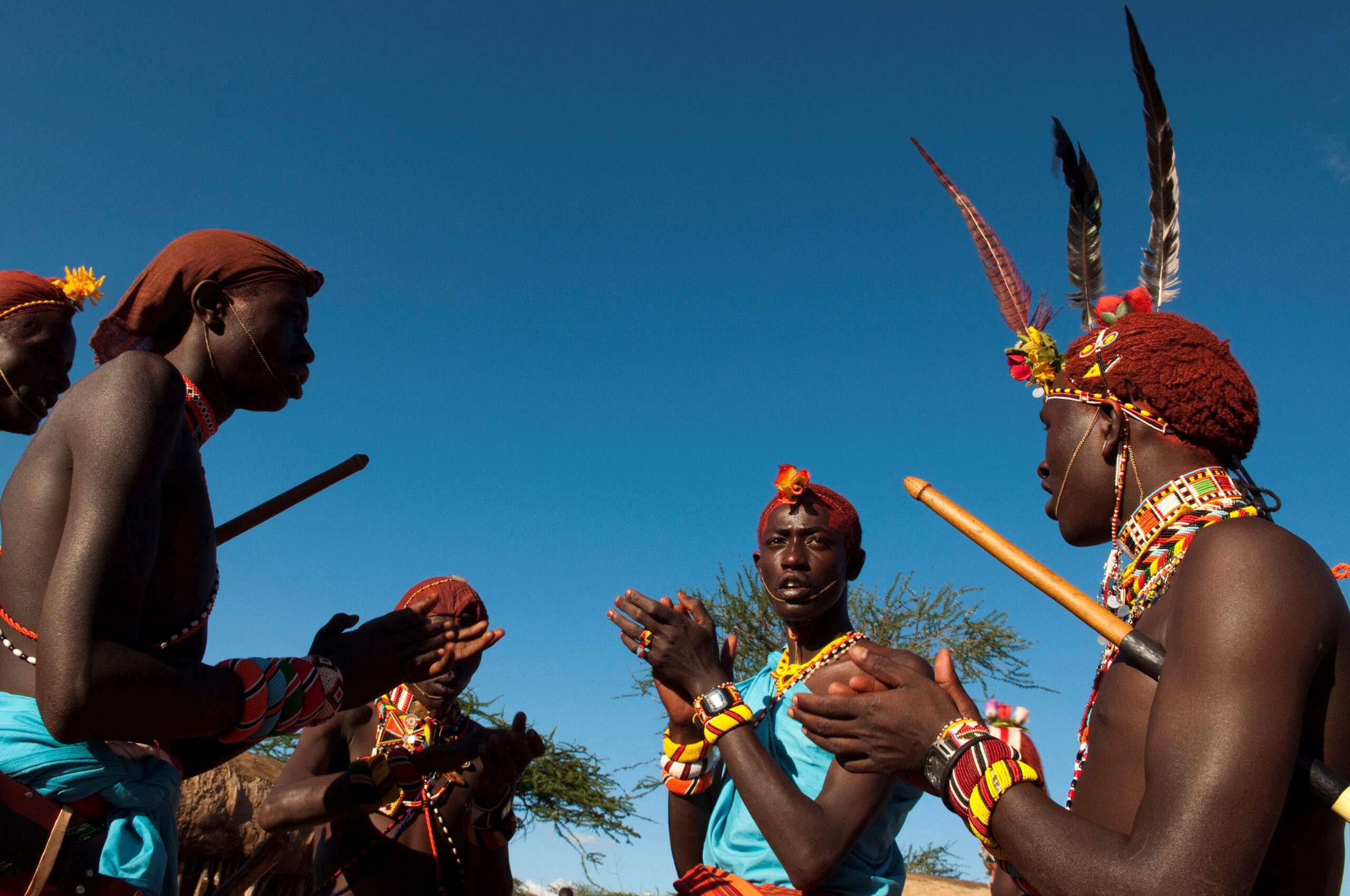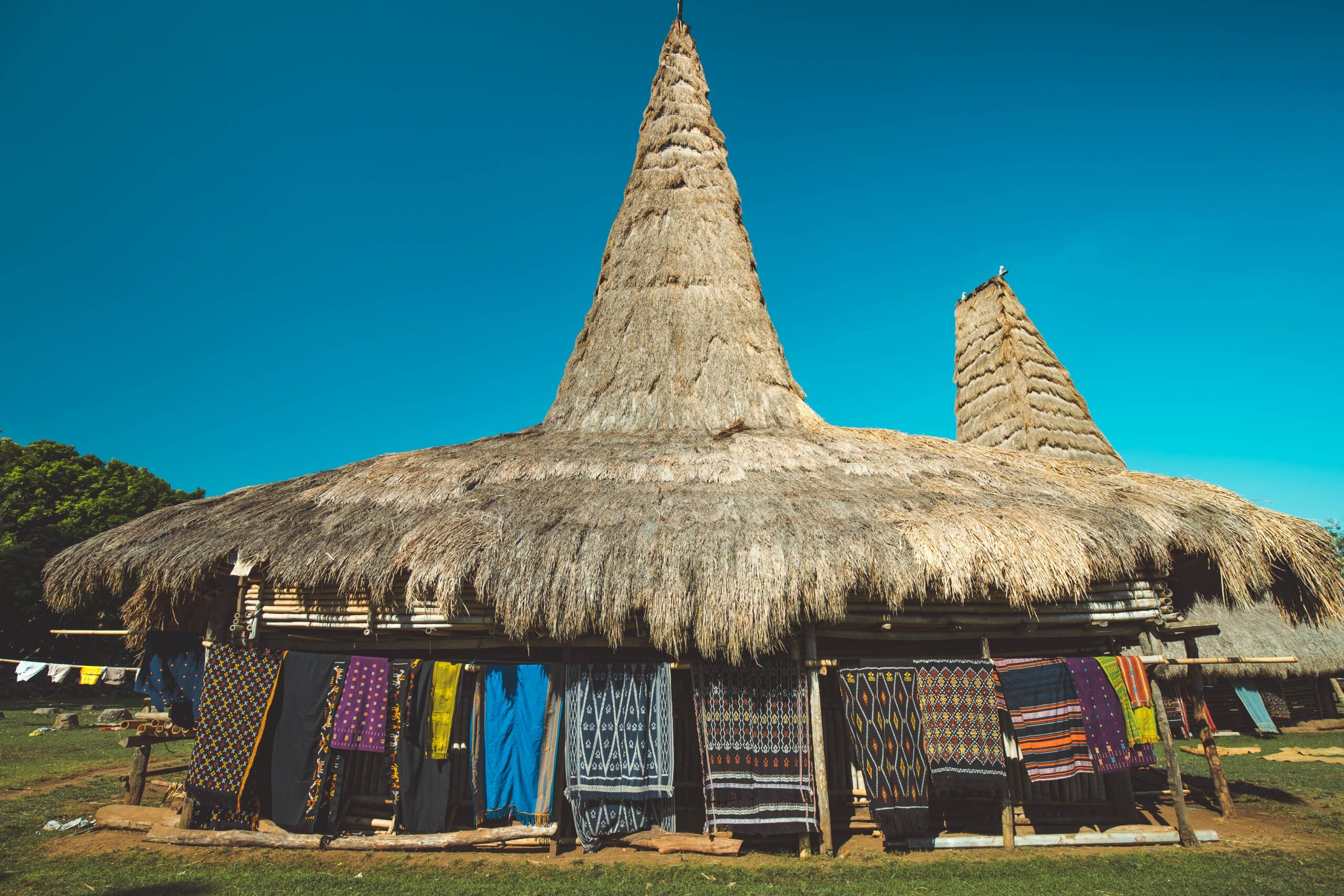In the heart of western Uganda lies a kingdom whose story stretches far beyond modern borders. Bunyoro-Kitara is not only one of Africa’s oldest monarchies but also a vibrant cultural beacon with a story deeply tied to the history of East Africa. From resisting colonial rule to preserving ancient customs, this kingdom’s tale is one of resilience and pride.
Though this site is not officially affiliated with the royal administration, its mission is clear: to gather, preserve, and share knowledge about the people, traditions, and leadership that make Bunyoro-Kitara such a vital part of Uganda’s identity.
What Awaits You on This Platform
This portal is more than a historical overview — it’s a journey through living heritage. Here’s what you can explore:
- Royal Lineages and Dynasties: Discover the stories of legendary rulers, including Omukama Kabalega, whose leadership left a lasting imprint, and those who continue to uphold the traditions of the throne today.
- Cultural Rituals and Daily Life: Learn how the people of Bunyoro celebrate life through age-old dances, clan systems, and customary rites that define identity and community.
- Festivities and Ceremonies: From grand royal gatherings to community celebrations, traditions like the Empango ceremony illustrate how the past lives on in the present.
- Language and Storytelling: The Runyoro-Rutooro language is central to the kingdom’s identity, rich in idioms, folktales, and sayings that pass wisdom from one generation to the next.
- Educational Legacy: See how schools, youth groups, and cultural programs strive to keep the kingdom’s knowledge alive in the hearts of the young.
Each section offers more than just facts—it’s a way to connect with a living, breathing culture that continues to adapt while holding onto its roots.
A Culture That Grows with Time
While the kingdom is proud of its heritage, it does not dwell in the past. Bunyoro-Kitara has continuously adjusted to Uganda’s changing social, political, and environmental landscapes. Despite challenges, its monarchy still stands as a symbol of unity and cultural continuity for the Banyoro people.
Today, the Omukama and the royal court are involved not only in ceremonial roles but also in promoting cultural revival, sustainable development, and social cohesion. Their efforts include supporting local conservation projects, advocating for indigenous rights, and encouraging cultural education for future generations.
The Kingdom’s Emblems and Their Meanings
Symbols play a powerful role in any tradition. In Bunyoro-Kitara, certain objects and sites hold deep meaning:
- Empango Drum: More than just an instrument, this drum is central to royal ceremonies and symbolizes the rhythm of leadership passed through time.
- Spear and Shield: These tools stand for the monarchy’s duty to protect and lead with strength and integrity.
- Royal Attire and Crowns: Worn by the Omukama during key events, these represent royal authority, spiritual duty, and lineage.
- Royal Tombs: The resting places of past kings are not just burial grounds—they are sacred spaces where history is honored.
- The Throne: This isn’t just furniture. It signifies the people’s trust in their king and reflects the soul of the kingdom.
These symbols aren’t locked in a museum—they are part of daily life, appearing in festivals, education, and community identity.
Why This Website Was Created
Without any formal ties to the royal court or government, this initiative was born out of admiration and cultural interest. It was put together by a group of researchers, historians, and locals who wanted to shine a light on a kingdom often overlooked in mainstream narratives.
By gathering accurate and respectful information, this site hopes to connect people—whether in Uganda or abroad—to the enduring legacy of Bunyoro-Kitara. The goal is not just to inform but to inspire curiosity and pride.
Join the Cultural Exploration
If you’re someone who loves African history, wants to reconnect with heritage, or simply appreciates stories that have stood the test of time, this platform is for you.
You don’t have to be a historian or an expert. All it takes is an open mind and an interest in learning. Whether you’re a student, a member of the Ugandan diaspora, or just curious about world cultures, your voice and your questions matter here. It’s a place to rediscover identity, share knowledge, and ensure that traditions are not forgotten..
